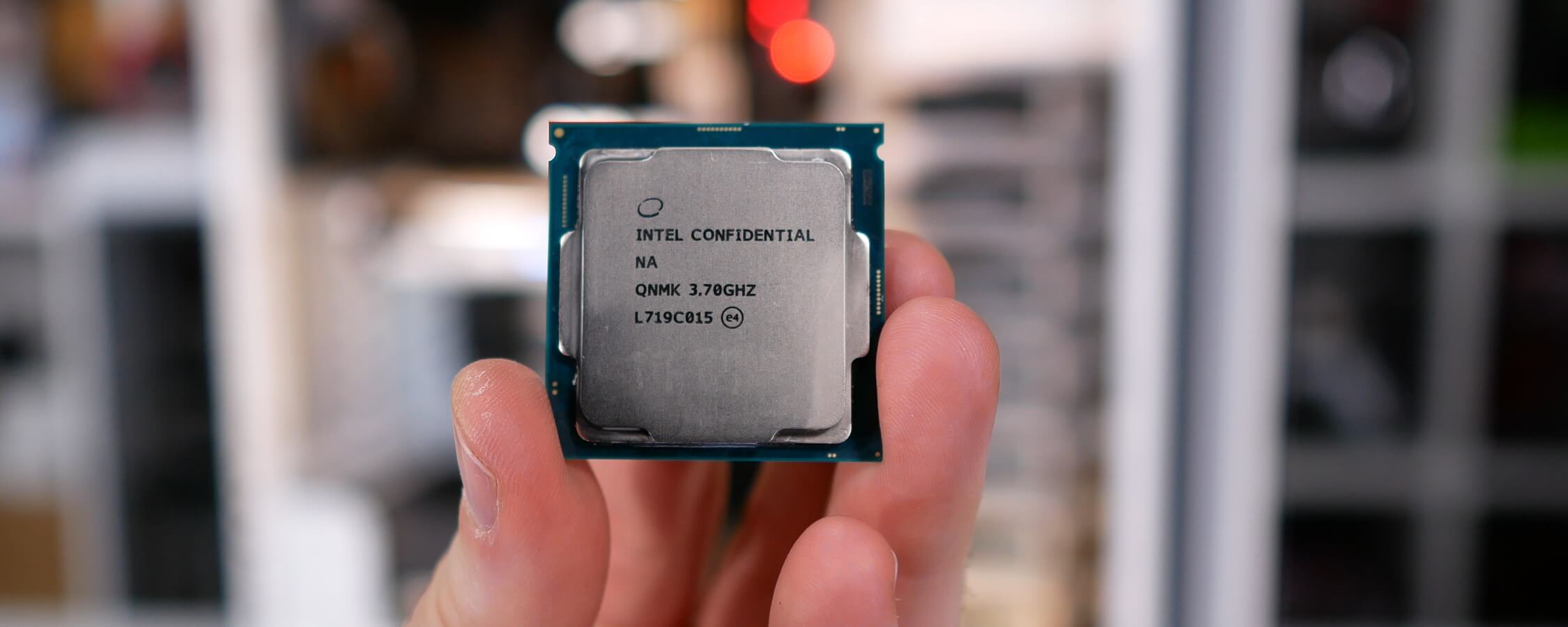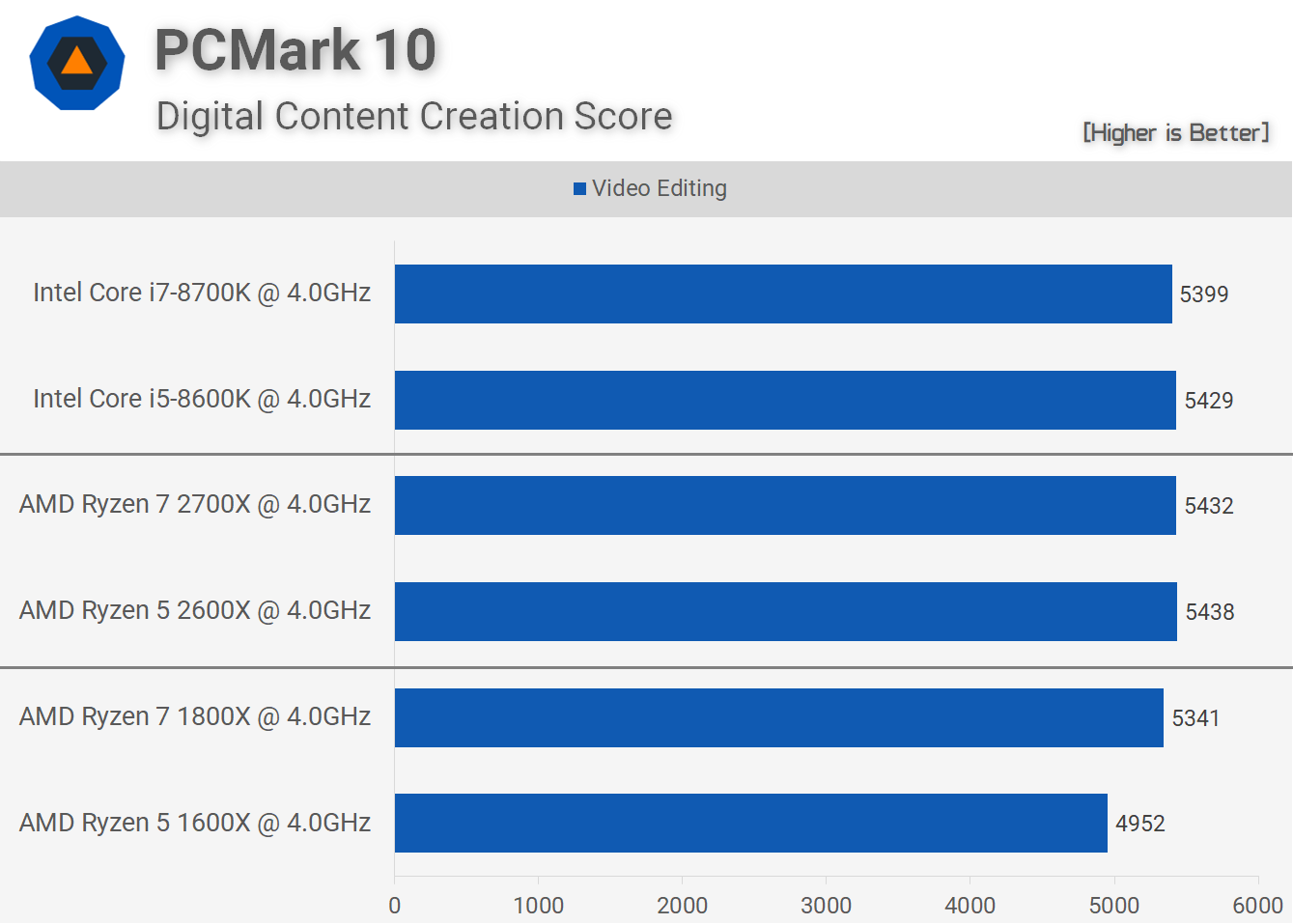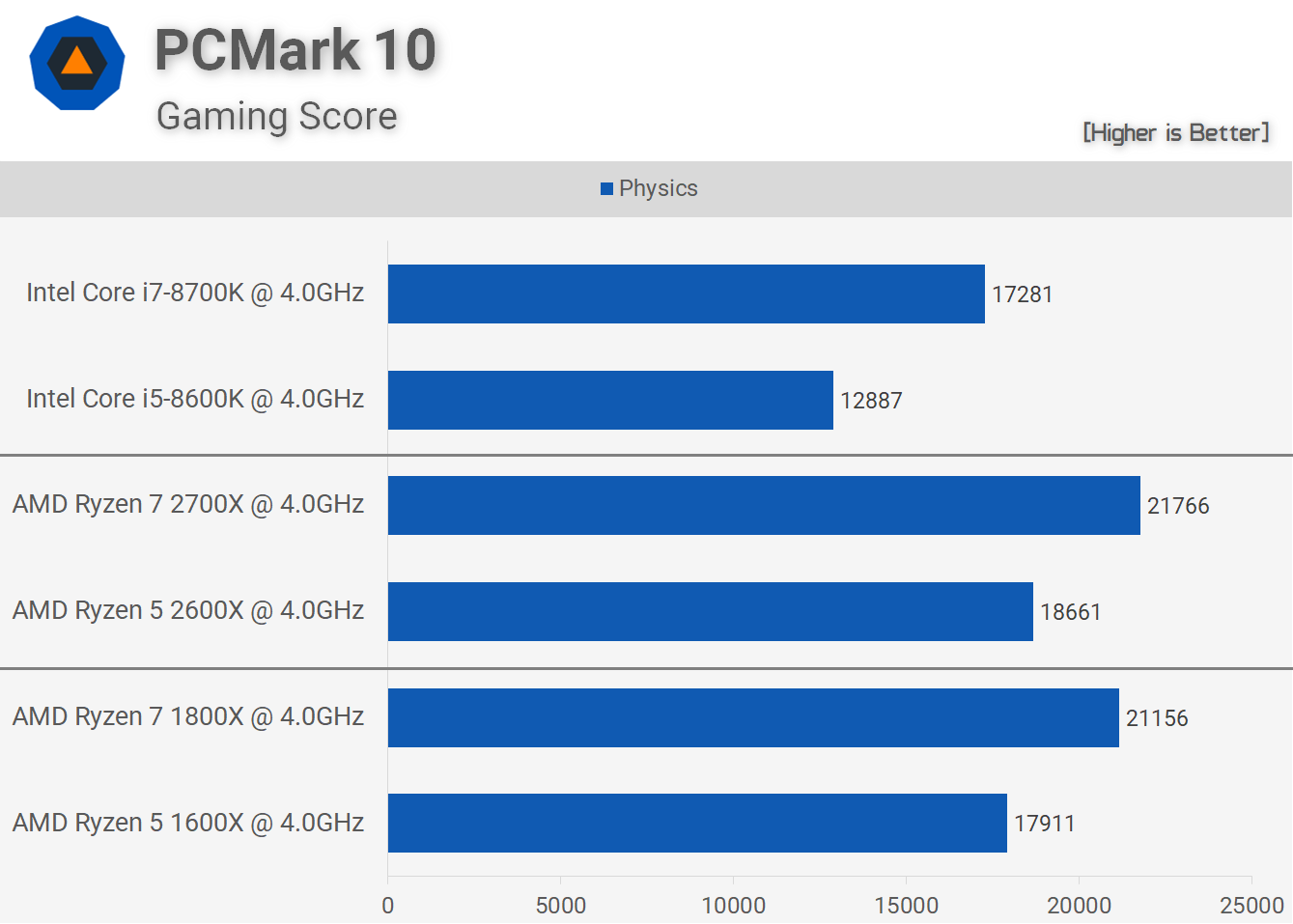For the unaware,Watch She is Hungry For Men Online IPC (instructions per cycle) provides a good indicator of how fast a processor is and having both a high IPC with a high operating frequency is the best combination for maximum performance. Such is the case for Intel's 8th-Gen Coffee Lake CPUs, and although AMD is clearly trailing when it comes to frequencies, the company appears to have really closed in on Intel's IPC performance. That's likely the reason why so many of you have been asking for this kind of test.
To see how much headway AMD has made here, we're going to limit as many variables as we can, while also keeping things as realistic as possible. The first and most obvious step is to remove core frequency from the equation and to do this we've locked all of the CPU cores at 4GHz. Any type of boost technology has been disabled and the cores cannot go past 4GHz.
The second-gen Ryzen CPUs were tested on the Asrock X470 Taichi Ultimate and the Coffee Lake CPUs were on the Asrock Z370 Taichi. Both configurations used the same G.Skill FlareX DDR4-3200 memory with the 'Xtreme' memory profile and the same MSI GTX 1080 Ti Gaming X Trio for all the testing.
We can say upfront that this article is in no way buying advice, but we're testing purely for the science of it.

The Coffee Lake CPUs have a clear clock speed advantage. For real-world performance, please refer to our recent Ryzen 5 2600, 2600X and 2700X reviews.
For this test we've included results for the Intel Core i7-8700K, 8600K, Ryzen 7 2700X, 2600X and Ryzen 7 1800X along with the 1600X. Now, the 1600X, 2600X and 8700K all have the same CPU resources: 6 cores with 12 threads.
The 1800X and 2700X have an advantage being that they are 8-core/16-thread CPUs while the 8600K is at a disadvantage as it's a 6-core/6-thread CPU, so please keep all that in mind as we proceed. Let's get to the results.
Starting with the sustained memory bandwidth test we see that the first and second-gen Ryzen CPUs are similar with a bandwidth of about 39GB/s. Meanwhile, using the exact same memory, the Coffee Lake CPUs are limited to around 33GB/s and this is a 15% reduction in bandwidth when compared to the Ryzen CPUs.

Moving to Cinebench R15 we see that the 2600X scores 4% higher than the 1600X for the multi-threaded test and 3% higher for the single thread score. Then as we look at the 8700K we see that it's 4% faster than the 2600X for the single thread score but 4% slower for the multi-threaded score.

As you might have expected, clock-for-clock the 8-core/16-thread Ryzen CPUs easily beat the multi-threaded score of the 8700K. I included them simply because I had the results. Depending on demand, I could update this test with the Core i7-7820X for example.

Next up we have the PCMark 10 video editing scores and this is a more lightly threaded test though we did previously see a noteworthy difference between the 1600X and 1800X. As a result we see a solid 10% jump from the 1600X to the 2600X and this places AMD on par with Intel in terms of IPC performance for this test.

Like what we saw with Cinebench R15, when maxed out SMT appears more efficient than Intel's HT technology. Here the 1600X was faster than the 8700K by a 3.5% margin while the 2600X was 8% faster and that's a noteworthy margin right there.
(Editor: {typename type="name"/})
 Best robot vacuum deal: Save $200 on Eufy X10 Pro Omni robot vacuum
Best robot vacuum deal: Save $200 on Eufy X10 Pro Omni robot vacuum
 Kid Cudi publicly thanks collaborators and industry peers in touching letter
Kid Cudi publicly thanks collaborators and industry peers in touching letter
 Notre Dame football team placed on probation following academic misconduct
Notre Dame football team placed on probation following academic misconduct
 The Ad Council wants to remind everyone that patriotism is about celebrating diversity
The Ad Council wants to remind everyone that patriotism is about celebrating diversity
 Today's Hurdle hints and answers for April 29, 2025
Today's Hurdle hints and answers for April 29, 2025
Philips now allows customers to 3D print replacement parts
 Philips is embracing the "right to repair" movement.The Dutch tech company has started up a new prog
...[Details]
Philips is embracing the "right to repair" movement.The Dutch tech company has started up a new prog
...[Details]
Donald Trump releases his first presidential message on YouTube
 In a short video clip, President-elect Donald Trump finally shared some insight on what his presiden
...[Details]
In a short video clip, President-elect Donald Trump finally shared some insight on what his presiden
...[Details]
Gay woman buys dinner for the homophobic family sitting next to her
 Some people choose to fight hate with love, others, with their credit cards.Natalie Woods, who is ga
...[Details]
Some people choose to fight hate with love, others, with their credit cards.Natalie Woods, who is ga
...[Details]
How to lobby your Congressperson but also talk about fun stuff like 'Westworld'
 In the wake of Donald Trump's election, many concerned voters have taken to personally lobbying Cong
...[Details]
In the wake of Donald Trump's election, many concerned voters have taken to personally lobbying Cong
...[Details]
WhatsApp launches 'Advanced Chat Privacy' to protect sensitive conversations
 WhatsApp just launched a new level of privacy: Advanced Chat Privacy. WhatsApp has always hadend-to-
...[Details]
WhatsApp just launched a new level of privacy: Advanced Chat Privacy. WhatsApp has always hadend-to-
...[Details]
Kid Cudi publicly thanks collaborators and industry peers in touching letter
 Kid Cudi is giving thanks a bit early this year. The rapper — who recently left rehab after re
...[Details]
Kid Cudi is giving thanks a bit early this year. The rapper — who recently left rehab after re
...[Details]
Kanye West's terrible, horrible, no good, very bad 2016
 2016 has been a rough year in the life of Pablo.Kanye West celebrated many successes —the rele
...[Details]
2016 has been a rough year in the life of Pablo.Kanye West celebrated many successes —the rele
...[Details]
This NFL quarterback is the MVP of yelling things
 Kirk Cousins had a monster day on Sunday, and he responded exactly how Kirk Cousins responds to anyt
...[Details]
Kirk Cousins had a monster day on Sunday, and he responded exactly how Kirk Cousins responds to anyt
...[Details]
Bargaining For the Common Good
 Interviews for Resistance
...[Details]
Interviews for Resistance
...[Details]
'Overwatch' hero Symmetra is getting a complete overhaul
 Symmetra is one of the least-played heroes in Overwatch, so Blizzard is giving her a redesign.In a d
...[Details]
Symmetra is one of the least-played heroes in Overwatch, so Blizzard is giving her a redesign.In a d
...[Details]
This fat bear's before and after photos are stunning

Voting, cyber and political experts write letter demanding Russia hacking investigation

接受PR>=1、BR>=1,流量相当,内容相关类链接。